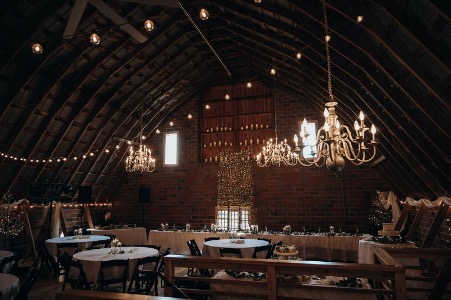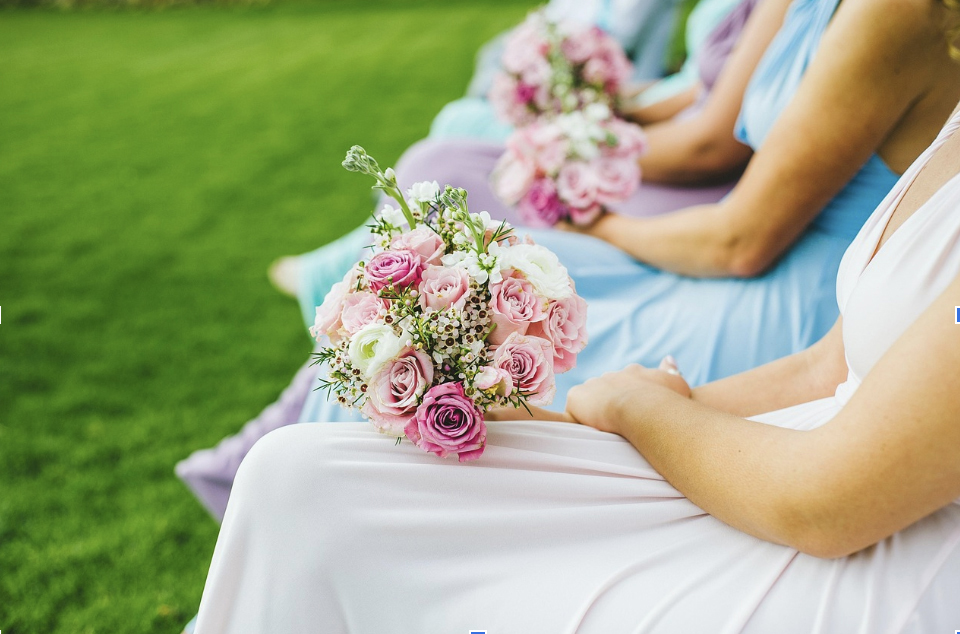Oxford is often associated with academia, heritage, and tradition. Beyond its famous university, the city and its surroundings offer a refined lifestyle that includes fine dining, high-end fashion, and exclusive experiences. People also tend to indulge in gambling, though not everyone prefers brick-and-mortar venues. Many check these new and upcoming games online without leaving their homes.
While luxury can sometimes be linked to excess, indulgence does not have to come with guilt. With the right choices, it is possible to enjoy Oxfordshire’s offerings responsibly — supporting sustainability, local businesses, and financial mindfulness.
The Shift Toward Thoughtful Luxury
Luxury has changed. The days when indulgence meant extravagance for the sake of it are fading. According to YouGov’s Silver Economy report, older Britons (55+) still spend significantly on travel, leisure, and fine dining. However, many choose value-driven spending, focusing on experiences and products offering long-term satisfaction rather than fleeting pleasure.
Oxford’s high-end market reflects this shift. From eco-conscious fine dining to sustainable fashion and heritage craftsmanship, the county provides opportunities to indulge without overconsumption.
Fine Dining Without Excess
Oxford’s food scene offers Michelin-starred dining, farm-to-table restaurants, and historic establishments. Many of these have moved towards local sourcing and waste reduction.
1. The Local Food Movement in Oxfordshire
Oxford’s dining culture has increasingly embraced local produce. The idea is simple: using fresh, seasonal ingredients reduces the carbon footprint while supporting regional agriculture.
- Le Manoir aux Quat'Saisons, one of the most famous restaurants in Oxfordshire, grows 90 types of vegetables and 70 varieties of herbs in its own kitchen garden. This reduces reliance on imported produce.
- The Vaults and Garden Café, located in a 14th-century Oxford building, sources 85% of its ingredients from local farms and focuses on organic, fair-trade products.
2. Fine Dining as an Experience, Not Just a Meal
Mindful indulgence extends beyond what’s on the plate. Experiential dining, such as long tasting menus or chef-curated pairings, encourages slower, more intentional consumption.
- Research indicates that diners who eat more slowly experience higher satisfaction and are less likely to overconsume.
- Tasting menus, such as those at Pompette, allow guests to focus on quality over quantity, avoiding food waste.
This shift mirrors the psychology of mindful spending—where taking time to appreciate what you consume leads to greater enjoyment with less excess.
Investing in Quality Over Quantity
Oxford has a strong tradition of tailoring and artisan craftsmanship. Fast fashion, which produces low-cost clothing at high environmental and ethical costs, has lost favor among mindful consumers. Instead, quality craftsmanship is becoming a form of luxury that aligns with responsible consumption.
1. The Case for Fewer, Better-Made Pieces
Oxford is home to several high-end menswear and tailoring shops that emphasise longevity over mass production.
- Walters of Oxford and Clements & Church specialise in bespoke suits, which last decades instead of seasons.
- Alden Shoes and Tricker’s Northampton—both within easy reach—offer handcrafted footwear designed to last a lifetime.
The financial argument is clear: investing in a few well-made pieces often costs less over time than constantly replacing cheap, disposable items.
2. The Rise of Circular Fashion
Luxury resale and rental services are gaining popularity. Oxford’s boutique stores and online platforms like Vestiaire Collective allow consumers to invest in high-end clothing while reducing waste.
- Second-hand shopping has increased by 20% in the UK over the past five years.
- Oxford-based thrift stores and independent boutiques, such as Unicorn Oxford, focus on curated second-hand designer pieces.
Purchasing second-hand luxury aligns with the same risk-reward mindset seen in strategic gaming — where taking a chance on an investment (whether a tailored jacket or a calculated bet) can yield greater long-term satisfaction.
Financial Mindfulness
Spending on luxury requires balance. Studies on consumer behavior show that experiences provide more lasting happiness than material purchases, but financial responsibility ensures sustained enjoyment.
One method for responsible indulgence is percentage-based spending. Financial experts suggest allocating no more than 10% of disposable income toward discretionary luxury.
A report from Oxford University’s Economic Statistics Database highlights that Oxford has one of the highest living costs in the UK, making intentional spending even more critical. Despite high costs, careful budgeting allows locals to prioritize quality indulgence over quantity.
The Psychology of Delayed Gratification
Research suggests that delaying purchases leads to higher satisfaction. The "waitlist effect" is common in high-end fashion and dining. Anticipating an item or experience often increases its perceived value. High-end brands like Oxford’s Ede & Ravenscroft have leveraged this model, with months-long waits for bespoke garments increasing demand.
Similarly, in gaming, players who pace their bets strategically tend to enjoy the experience longer, rather than spending impulsively.
Luxury as a Mindful Choice
Over the past few years, the way people approach luxury has changed — not necessarily by choice, but as a response to economic realities. Rising inflation, post-Brexit market shifts, and the lingering effects of COVID-19 have all played a role in reshaping spending habits.
Discretionary spending on fine dining, travel, and high-end fashion has become more deliberate. While demand for luxury remains, there is now a greater emphasis on value, longevity, and meaningful experiences.









